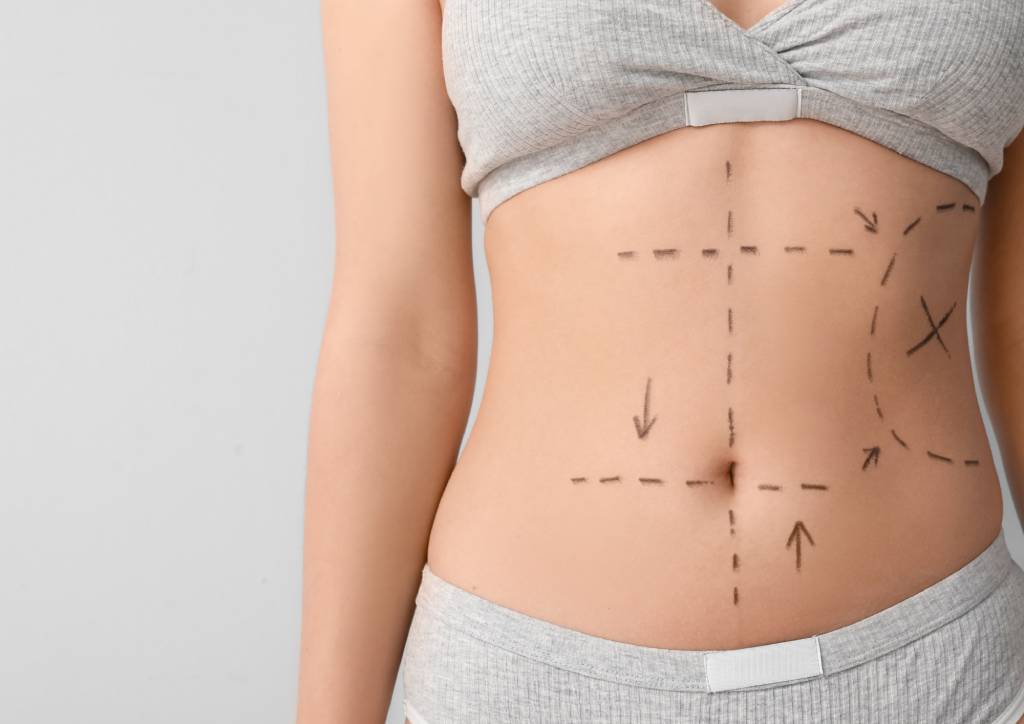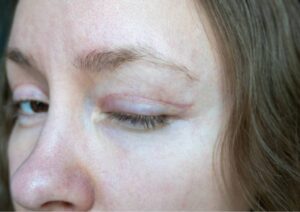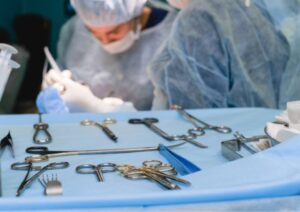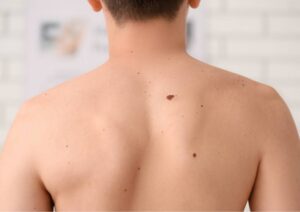
Understanding the Different Types of Tummy Tucks
If you’ve been thinking about tummy tuck surgery, it can be hard to know where to start. There’s a lot of information out there, and not every option is going to be the right fit for you. At Plastic Surgery Central, we take a straightforward approach, no pressure, just honest information to help you understand what’s available and what might suit your goals.
There are several types of tummy tucks, and they each target different areas of the body. Here’s a breakdown of the most common ones and what they involve.
Mini Tummy Tuck
Often chosen by: People with a small amount of loose skin below the belly button
- Shorter incision (usually above the pubic area)
- Focuses just on the lower stomach
- Doesn’t involve moving the belly button
- Muscle repair may not be needed
- Suitable if you have mild skin laxity and don’t need major changes
Full (Standard) Tummy Tuck
Often chosen by: People with excess skin or muscle separation across the whole abdomen
- Involves a hip-to-hip incision
- Can include muscle repair, especially after pregnancy
- The belly button is usually repositioned
- A good option if you want a more noticeable change across the midsection
Extended Tummy Tuck
Often chosen by: People who’ve lost a significant amount of weight and have loose skin around their sides
- Longer incision that reaches around the hips
- Removes skin from the front and sides of the body
- Includes muscle repair and belly button repositioning
- It can help with shaping the waist and lower back as well
Fleur-de-lis Tummy Tuck
Often chosen by: People with skin laxity in both vertical and horizontal directions
- Involves a vertical and horizontal incision (forming a T shape)
- Removes skin from the upper and lower abdomen
- Usually recommended after major weight loss
- Allows for a more tailored result when other options aren’t enough
Circumferential Tummy Tuck (Body Lift)
Often chosen by: People with skin laxity in both vertical and horizontal directions
- Involves a vertical and horizontal incision (forming a T shape)
- Removes skin from the upper and lower abdomen
- Usually recommended after major weight loss
- Allows for a more tailored result when other options aren’t enough
Reverse Tummy Tuck
Often chosen by: People with loose skin above the belly button
- Incision is made under the breasts
- Tightens the upper abdomen
- Sometimes paired with breast surgery
- Less common, but useful for specific body types
Which One is Right for You?
That depends on what’s bothering you and what outcome you’re hoping for. Some people are mostly concerned about a small area of skin below the belly button. Others may be dealing with wider areas of excess skin or changes to their abdominal muscles.
Everyone’s body and story are different, and there is no one-size-fits-all. The best way to work out what’s suitable is to have a chat with a qualified plastic surgeon who’ll take the time to understand your situation and talk you through the options.
At Plastic Surgery Central, we’re here to give you clear advice without the jargon. If you’re thinking about a tummy tuck, we can help you understand the types of procedures available and what recovery might look like for you.
Frequently Asked Questions
Do you get a new belly button with a tummy tuck?
Your belly button stays in the same place but may be reshaped or repositioned slightly, depending on how much skin is removed.
Will my stomach be flat after a tummy tuck?
A tummy tuck removes loose skin and tightens abdominal muscles, which can improve shape and firmness. Results vary depending on your body and goals.
Is a tummy tuck the same as weight loss surgery?
No, a tummy tuck isn’t for weight loss. It’s designed to address loose skin and muscle separation, often after weight changes or pregnancy.
Can fat come back after a tummy tuck?
If weight is gained after surgery, fat can return in treated areas. A stable weight helps maintain your results long-term.
Is tummy tuck recovery painful?
Discomfort is expected in the early stages of recovery, but it’s manageable with the right medication and support.
Our Surgeons
Recent Post

Understanding Scarring After Plastic Surgery: What to Expect and How It’s Managed

Plastic Surgeon vs Cosmetic Surgeon: What is the Difference

Understanding Skin Cancer: Types, Causes & Treatments

Choosing a Qualified Plastic Surgeon: Why FRACS Matters











